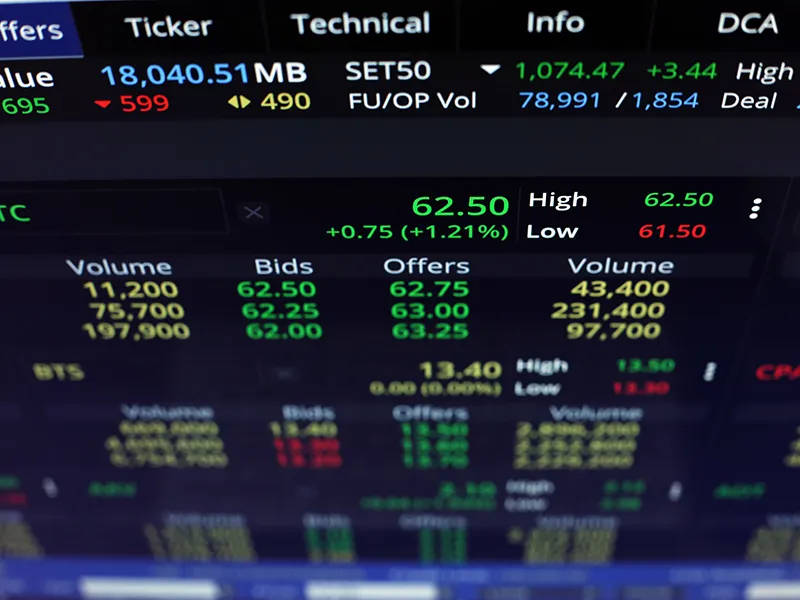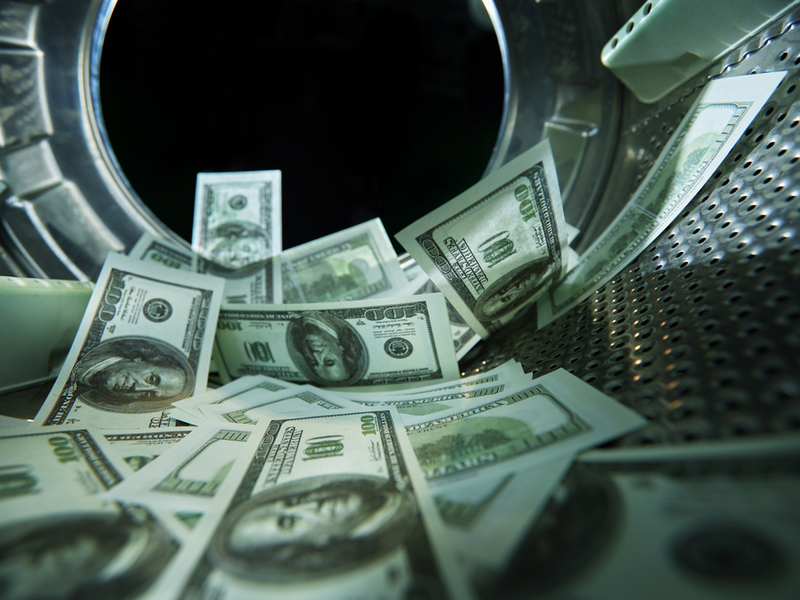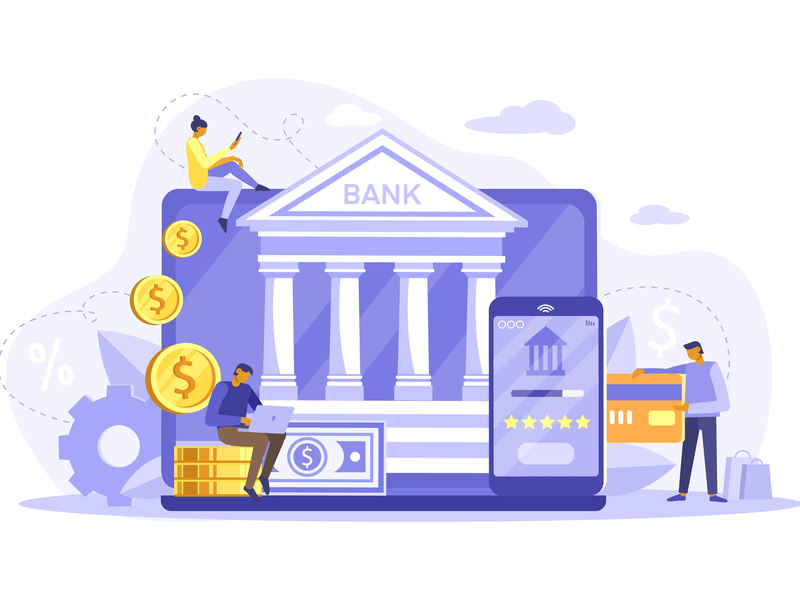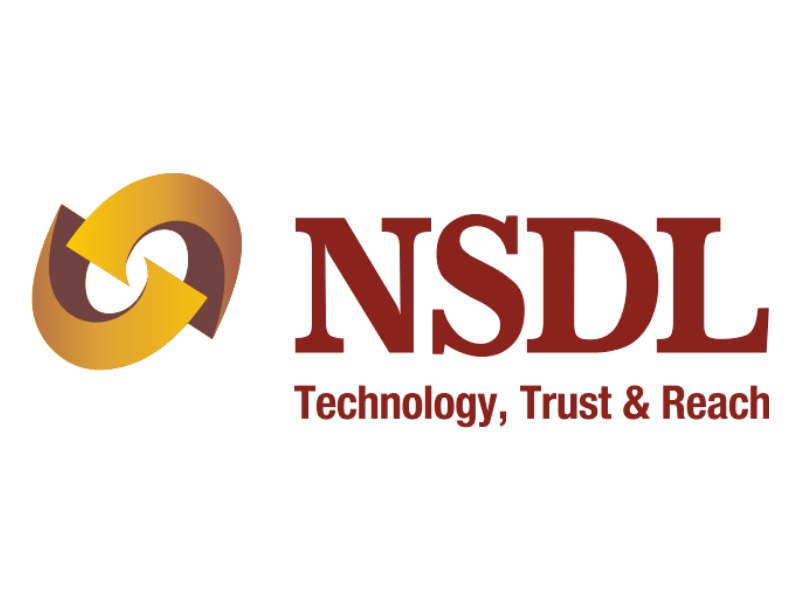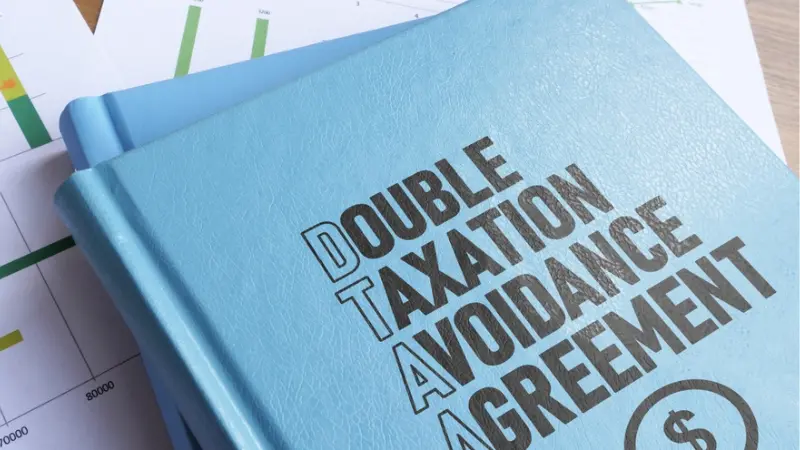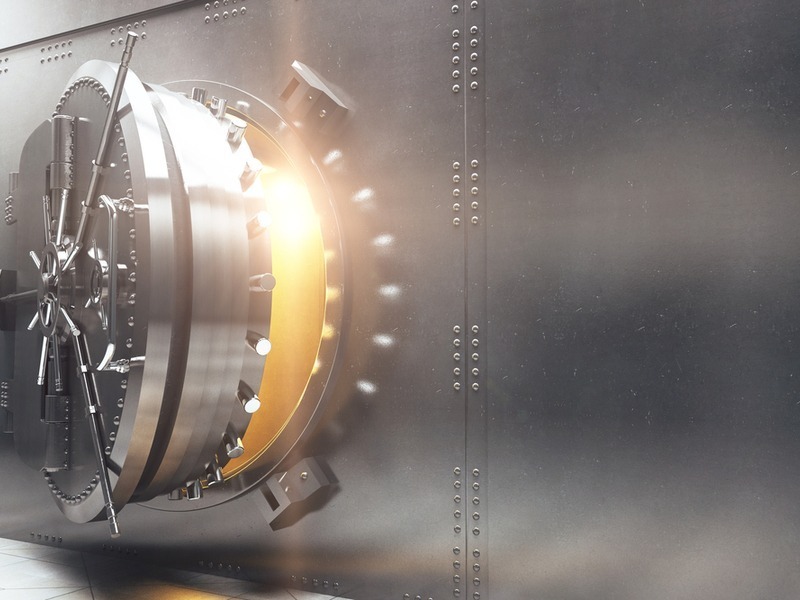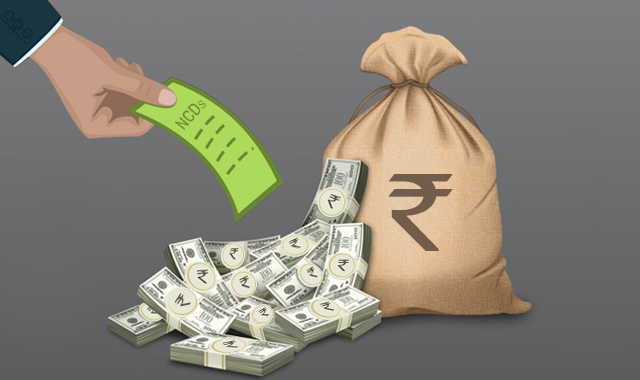
What you need to know about NCD .
This article has been published in “THE FINANCIAL EXPRESS” on 22nd September 2016
With the recent stir created by the DHFL Non-Convertible Debentures (NCD) issue being oversubscribed by 6.33 times, fixed income investors seem to be eyeing NCDs as the next shiny object.
For those who are still wondering what an NCD is, here’s a gist of the concept. It is almost like a fixed deposit offered by a company (as against a bank).
A debenture is a type of debt instrument which offers a fixed rate of interest for a specified tenure. Simply put, debentures are loans taken by the companies from the general public. A debenture can be classified as either convertible or non-convertible. A convertible debenture can convert into an equity share of the company, thus giving it rights to participate in the company’s profit. However, such debentures usually yield lower interest rates. An NCD on the other hand, does not have the option to convert into equity and hence, yield relatively higher interest rates.
An NCD typically has a credit rating to reflect the expected credit performance of the company. A secured NCD isfurther protected by assets collateralized. Usually, companies that have a lower credit rating offer higher interest on the NCD. Often, issuers offer a higher interest rate to the company’s shareholders or senior citizens.
Tax implications on NCD are same as Bank Fixed Deposits if held till maturity. Interest is taxed as ‘other income’ and charged at applicable tax rates. However, if you sell the NCD in the open market before maturity, the capital gains/loss will be taxable as per standard taxation for capital gains.
The following table illustrates the comparison between a 3 year SBI Fixed Deposit and 3 year DHFL NCD, considering annual payout and same initial investment for both.
| SBI Fixed Deposit | DHFL – NCD August’16 | |
| Amount Invested (Rs) | 1,000 | 1,000 |
| Period | 3 years | 3 years |
| Rate of Interest/Coupon p.a. | 7% | 9.20% |
| Annual Payout (Rs) | 70 | 92 |
The higher payout of the DHFL NCD simply reflects its higher risk compared to SBI.
Should you invest
Market interest rates are on the way down – for instance, 10-year government bond yields dropped by almost 0.5 percent points in the last 3 months. This means interest rates on fixed deposits and small savings could come down soon. In such a scenario, it is sensible to invest a portion of the short-term savings into NCDs and lock in a high-interest rate. It is, of course, important to stick to highly rated companies or secured NCDs so that the risk is mitigated.
Equities or equity mutual funds are preferred options for long-term investments. This is since they have a better chance of delivering higher returns and beating inflation. NCDs are most useful as a shorter term option to complement bank fixed deposits or liquid funds.

















